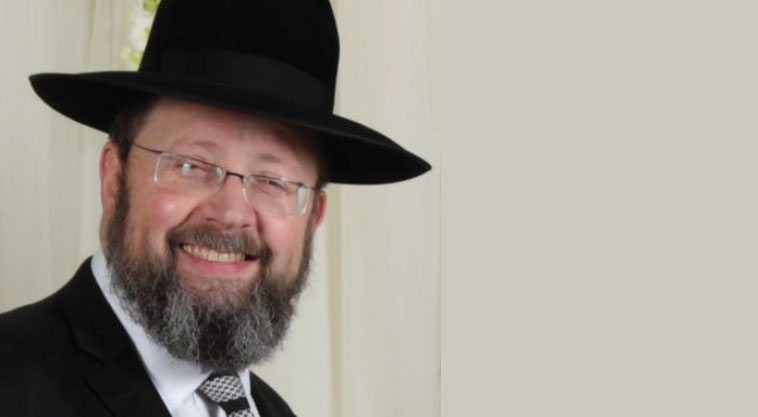Shared Space: Chapter 37


Even an argument with your wife, Wagner once said, needs siyata d’Shmaya.
The others hadn’t understood what he meant. Leizer, vaguely uncomfortable whenever people spoke of friction, headed back into his office and Daniel Stockman had pursed his lips and grimaced in disapproval, his usual reaction to Wagner saying things he considered objectionable. Kivi had laughed, knowing exactly what Wagner meant, even if he couldn’t explain it.
There are little arguments that go nowhere, wearying little circles of back-and-forth, why-did-you, and what-about-when-you, and that’s-not-what-happened, and rolled eyes and shaking heads until husband and wife run out of steam and tacitly agree to let it go — whatever, I guess we’re both tired, misunderstanding, it’s okay, are you ready for supper.
There are tedious quarrels in which husband and wife circle like boxers, blow for blow, dredging up memories, wielding injustices and insensitive remarks seemingly removed from a safety deposit box. Hurtful words that leave both of them broken, regretful, wishing for a way out, searching for the word that can say, “Why do we have to do this?”
And then there are the fights that work, arguments in which sharp words find a home and lead to productive dialogue, in which truths come flying out unplanned and it feels like nothing will ever be the same again, but maybe it will be better. No one is smirking and no one is sarcastic.
Ten minutes earlier, Kivi had been lying on the beige couch holding the laptop and watching the video of his seudas preidah, the little event his friends had cobbled together the week before he and Malky had moved back to America.
It was held in the drafty ezras nashim of the caravan-cum-shul: two tables with plates of popcorn, pretzels, and banged-in bottles of Coke.
The rosh chaburah was there — the heavy Englishman who never took off his jacket, liked to joke about Americans calling football “soccer,” and knew every single Ketzos, line by line. He’d spoken about how Kivi didn’t accept half-teirutzim and said over Kivi’s pshat in the sugya of eid nasah dayan, then made a few quips about American life and sat down.
Kivi’s friend Neiman had spoken, dropping too many inside jokes for Kivi’s personal taste (maybe in America Kivi will actually take out the garbage, there are no cats there… truth is, the maid will do it for him there, no?), but warm and generous just the same.
Kivi himself had spoken, a thank you to his chavrusas. He’d been genuinely emotional — he paused the video, rewound, and watched it three times — his voice cracking softly as he expressed the hope that the aliyah and happiness he’d felt in the neighborhood, in the chaburah, would accompany him to Lakewood.
“You probably think we should never have left, right?” Malky caught him off guard. She’d been putting Mendy to sleep, and he hadn’t realized she had come downstairs. “Do you watch that video every night and cry over the life you once had?”
The sharpness was unlike Malky, and he immediately realized that on some level she was hurt by the fact that he was watching it.
“Malk, this is maybe the second time I’m watching it since we came back, and only cause I’m excited about our trip, that’s all.”
“You think the trip is going to get us back to where we were?” Malky sat down on the armless taupe seat her mother had insisted would look perfect in the corner.
“Malk, why so defensive?” Kivi closed the computer and let it slide down his legs. “Stam, I’m excited to go to Eretz Yisrael, so I got into it, that’s all.”
He spoke kindly. She looked like she was about to cry.
(Excerpted from Mishpacha, Issue 742)
Oops! We could not locate your form.











